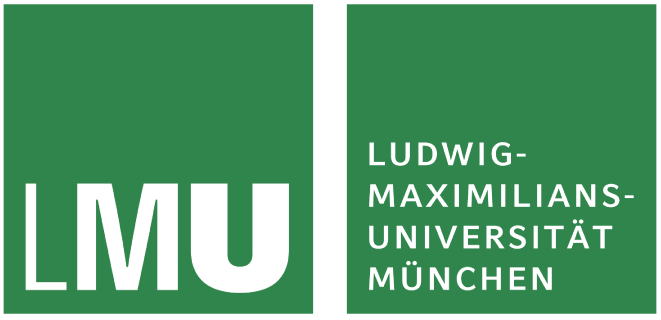Feminist Philosophy and Women’s Poetry
IMAN AL-GHAFARI
Overview
The aim of my course is to provide participants with a general introduction about the feminist philosophy and a comprehensive knowledge about women’s poetry. “What it means to be a female poet in a male-dominated poetic tradition” is a key question in this course which reveals the challenges that usually face most women in patriarchal societies. The social, economic, political, and cultural dimensions of sex and gender will be addressed. The course engages with key theoretical debates in the field, such as the queer theory; and the philosophical, sociological, and feminist conceptualization of gender, sex, and sexuality.
The course is divided into two parts. The first part focuses on introducing the main feminist theories. Reference will be made to selected theoretical texts by Simone de Beauvoir, Nancy Chodorow, Alicia Ostriker, Judith Butler, Helen Cixous, Luce Irigaray, Jukia Kristeva, Mary Daly, Gayatry Spivak and Monique Wittig. The second part contains an analysis of women’s poetry in various socio-political contexts. This part explores women’s poetic voices and their different races, ages, sexualities and cultural backgrounds. My focus will be culturally diverse. Hence, I will read and analyze a wide selection of poems written by various female poets (please check the reading list at the end). The two parts intersect and intertwine within the context of the course. A connection will be made between the feminist theories and the way they can be used to re-read women’s poetry from feminist and cross-cultural perspectives.
This informative and analytical course sheds a thorough light on women’s poetry from a feminist and a lesbian perspective and explores the development of the concept of gender and how it was first used as a means of liberating the female sex in modernist contexts to be later re-interpreted in a manner that turns it into a socio-political means of subduing the female sex and erasing lesbian voices. In other words, it provides tools to increase awareness of the problems that continue to face many women worldwide and to recognize some of the limitations of both modernist and postmodernist discourses.
Course Outline
Course Details
Duration
25.04.22 – 29.07.22
Credits
6
Language
English
Supported by:


